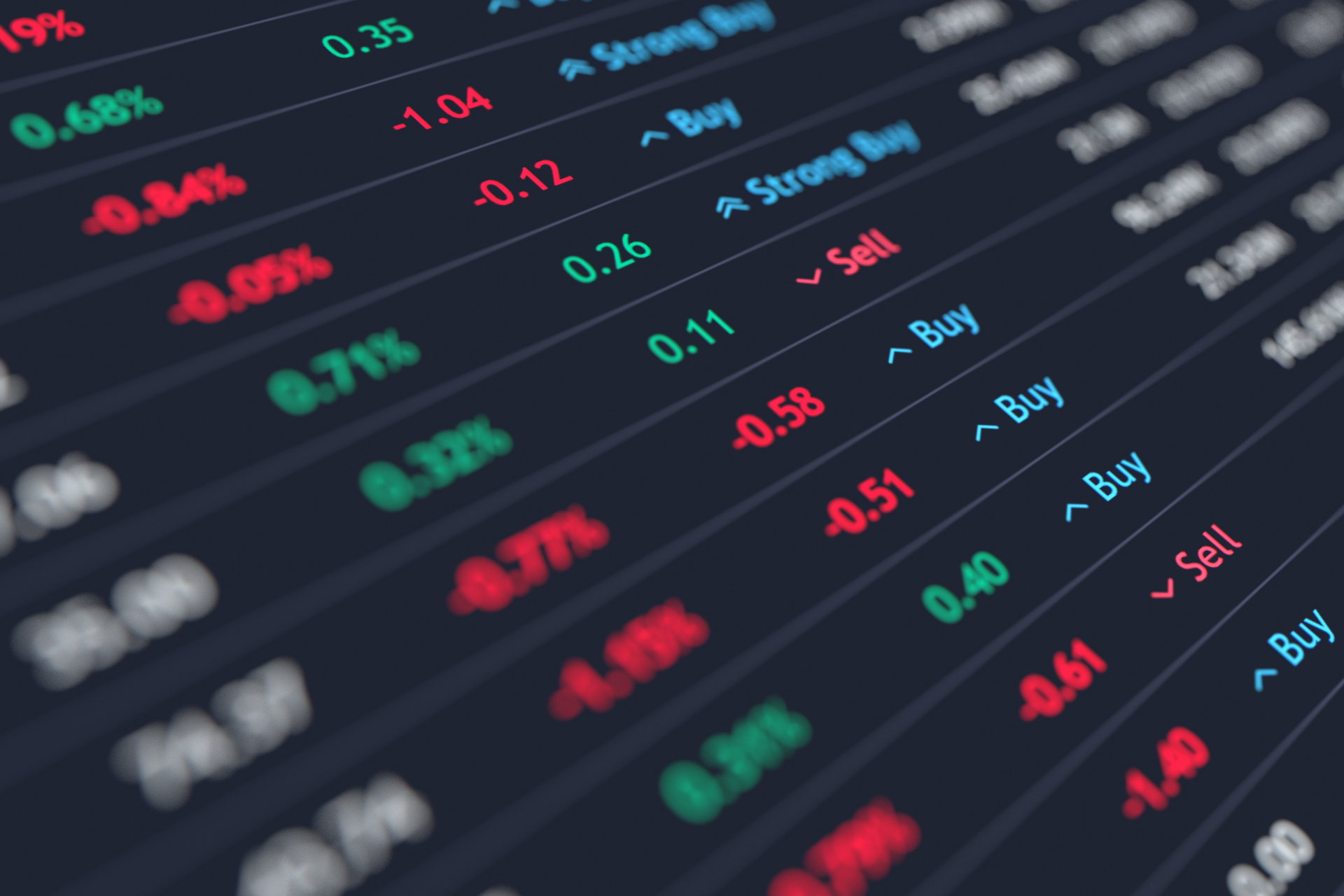Over the course of this January, the United States stock market was thrown into a frenzy due to a large group of investors that decided to invest in popular game sales company GameStop. The stock had been written off by hedge funds and was shorted by a large number of professional investors.
Stocks that are believed to be struggling can be “shorted,” meaning an individual borrows shares from a company to sell with the intention of buying them back in the future and returning them. For instance, if an investor borrows a stock that they believe will go down in value, they will sell it at $30, wait for the stock to drop to $10, buy it back and return it to the company with a $20 profit. GameStop’s stock was shorted by hedge funds and professional investors because the company has been struggling financially lately.
In the middle of January, Reddit users and users on other internet forums began to hype GameStop’s stock in order to drive up the share price. As word spread across social media platforms like Twitter and Facebook, GameStop stock prices grew exponentially. As each day passed, more and more fuel was added to the fire. On January 7th, GameStop was trading around $18 per share. Just one week later, the price rose to almost $40 per share, and within two more weeks, the shares reached prices of $350. This meteoric rise can be attributed to the efforts of amateur investors across the country that wanted to feel a sense of rebellion against Wall Street elites.
Hedge funds that had shorted the stock were losing money at an alarming pace. It is one of the few times in history that amateur stock investors had the upper hand on Wall Street professionals and hedge funds. Investing platforms like Charles Schwab, TD Ameritrade and Robinhood were pressured into restricting GameStop from being bought because too many people on Wall Street had bet on the stock going down. Because of their unwillingness to give amateur investors the opportunity to continue to purchase GameStop, trading platforms were called out for blocking the “free market.”
The average individual was making money at the expense of the wealthy, and trading platforms were making sure they could put a stop to this. They made sure to protect the money of Wall Street giants rather than give everyday people the opportunity to make money fairly. Lower- and middle-class people that wanted to make money off of purchasing shares of GameStop were not allowed to do so because the rich on Wall Street would’ve lost billions of dollars from shorting the company’s stock. Trading platforms restricted GME purchases because they benefit more from their relationships with wealthier groups on Wall Street than from those with everyday traders.
The supposed “free market” that stock trading is supposed to be is not quite that. Wall Street and trading platforms are not concerned with the interests of everyday people that want to make money from buying and selling stocks. Groups of amateur traders that wanted to purchase GameStop’s stock are now taking legal action against Robinhood for market manipulation.

